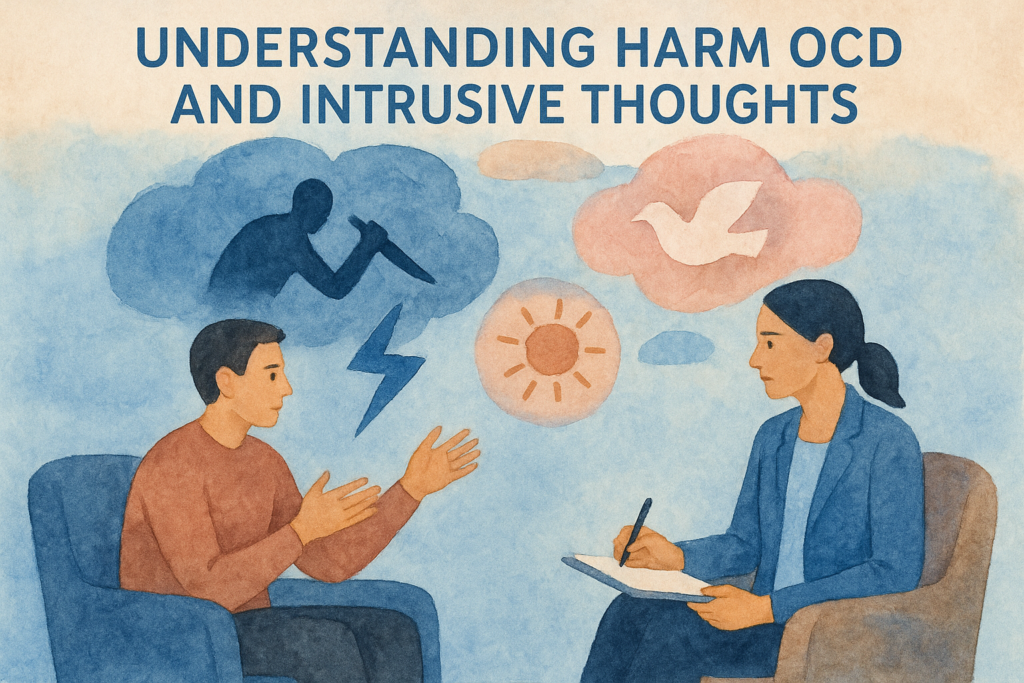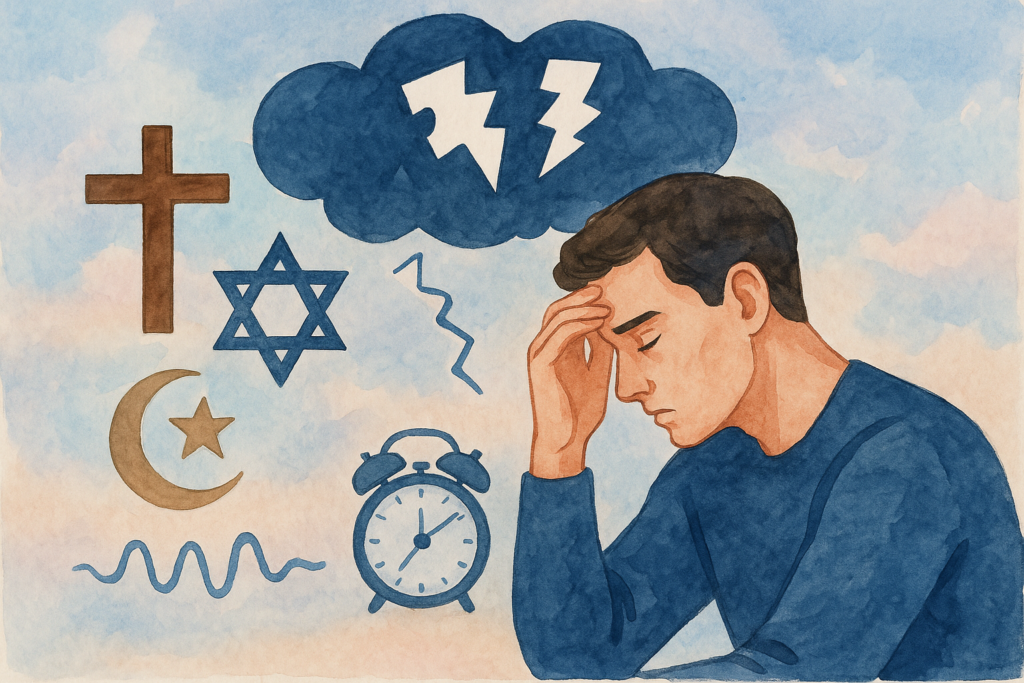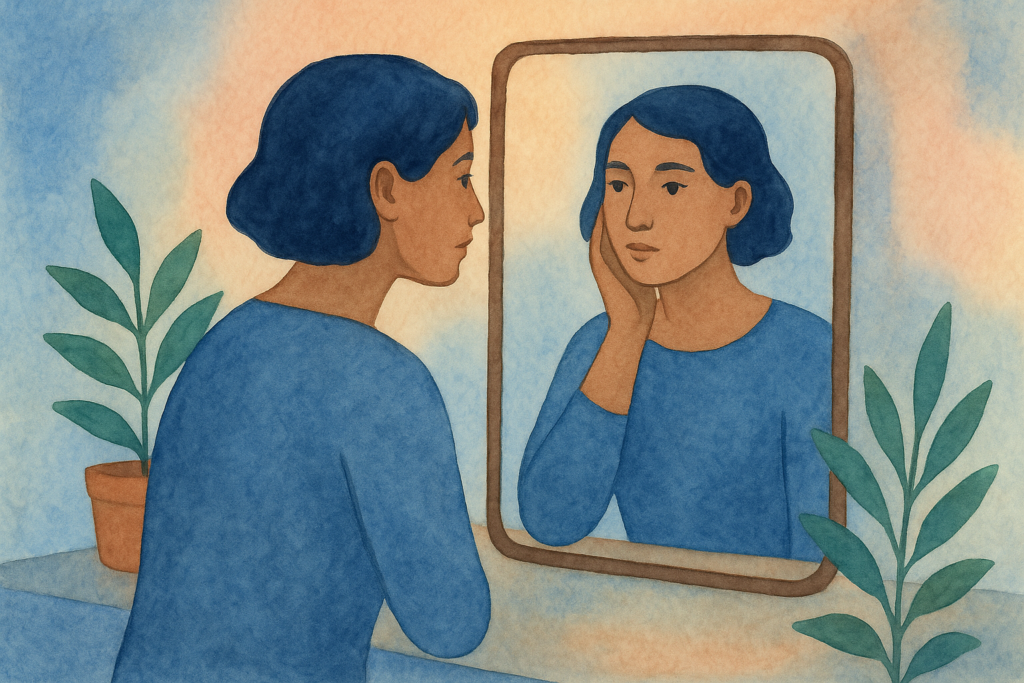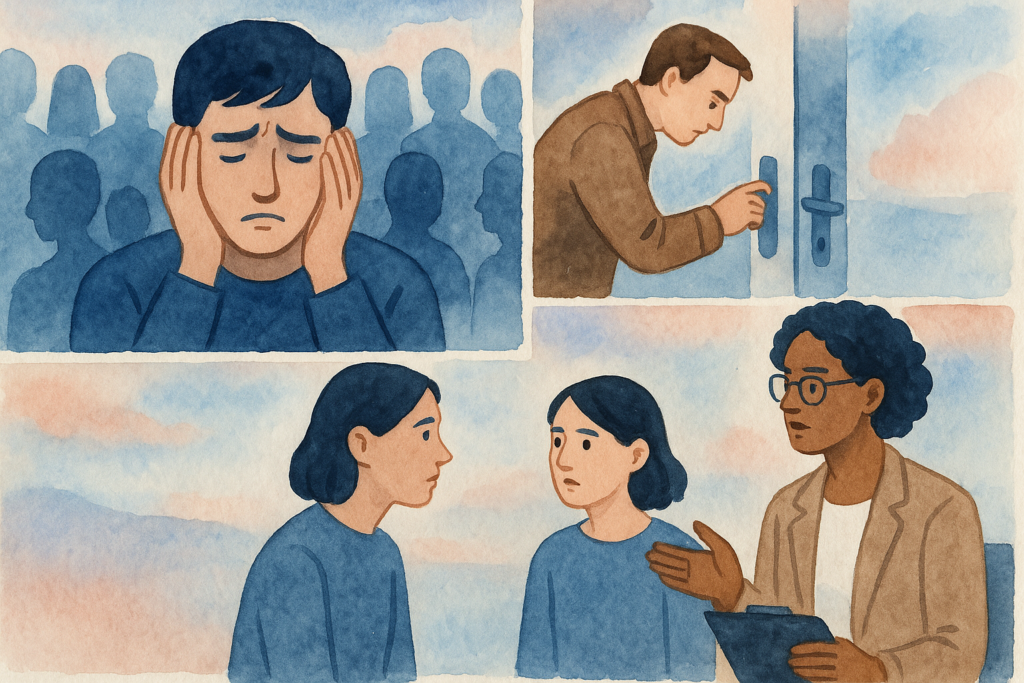In the past, people coping with OCD who were looking for solutions had limited options. You could go see a psychiatrist, whose tools are psychotherapy and medicine. Later on, CBT (Cognitive Behavioral Therapy) introduced new protocols that proved to be effective for OCD.
Nowadays, the gold standard for OCD remains CBT therapy, however there are new tools that use this methodology remotely or digitally. More often than before, people who want to solve a problem often search for an app that solves this problem. For example, if you want to improve your physical fitness, you may use an app for that.
Apps have great potential as e-learning and training tools, because they are accessible, immediate and relatively easy to form habits with.
So, when looking for an app to help deal with OCD, what should you look for?
The 4 OCD app “must haves”
1. Evidence based
There are many products that promise the world, but not many of them are researched using academic methods and peer reviews. You want your app to have at least some sort of research backing and credibility. If possible, it should have actual on-product studies that are published in well known academic journals.
2. Beyond articles and videos
The power of apps is that they “applications” – meaning that they actually do stuff and not just serve as a browser. We are bombarded by information, but apps have the ability to transform the most relevant information into practice using daily tasks and activities.
3. Great user experience and customer support
You don’t want an app that someone uploaded to the app store ages ago but doesn’t provide support for. Search for apps that are being updated regularly, that provide with easy to use and intuitive user interface and that help you do what needs to be done as quickly and efficiently as possible.
4. Privacy minded
The last thing we want is that someone will use our private information for any purpose other than help us improve our coping with OCD. That’s why it’s important to use apps that clearly label their use of user data and their tracking policy.
Most credible mental health apps know that and respect user privacy, but it’s always a good idea to check out this information. By the way, if an app uses anonymized tracking codes to drive downloads via marketing channels, it isn’t necessarily a problem. What is important is that the data isn’t shared and no identifiable user information is being shared across apps and platforms.

Understanding Harm OCD and Intrusive Thoughts
Harm OCD is a distressing condition marked by intrusive violent thoughts and fears of harmful actions towards others. This article delves into the cognitive-first approach of Cognitive Behavioral Therapy (CBT),…

Understanding Religious OCD and Its Impacts on Mental Wellbeing
This article delves into the complexities of religious OCD, particularly scrupulosity and moral OCD. It highlights how intrusive thoughts, including blasphemous ideas, contribute to feelings of guilt and spiritual anxiety….

Understanding Body Dysmorphia and OCD through a Cognitive Behavioral Lens
Body dysmorphia, characterized by obsessive thoughts about perceived flaws in appearance, heavily influences mental health. This article explores how cognitive behavioral therapy (CBT) can reshape rigid beliefs around body image,…

Understanding Social Anxiety and OCD Through a CBT Lens
Social anxiety and OCD can heavily impact daily life, leading to dysfunctional behaviors driven by fear of judgment and perfectionism. This article delves into how Cognitive Behavioral Therapy (CBT) addresses…
